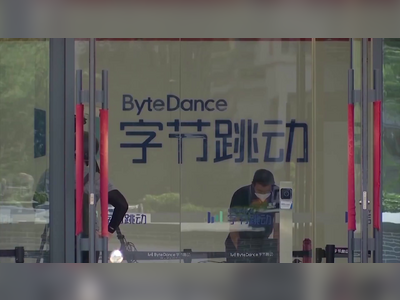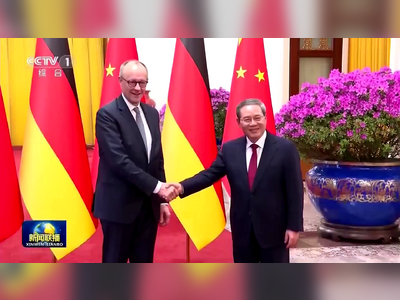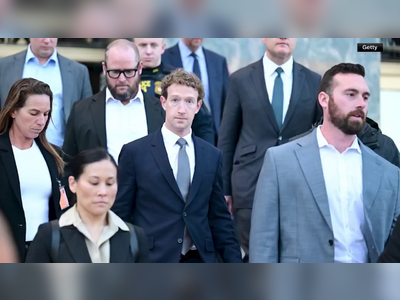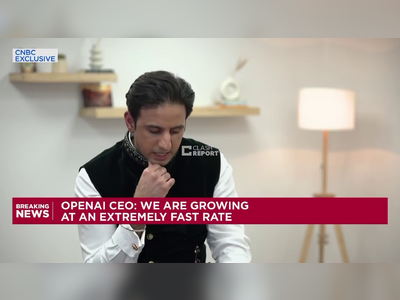
TikTok's Uncertain Future: Might 70 Million Americans Experience a Digital Shutdown?
As Google and Apple brace for possible TikTok bans, a federal court decision sparks a heated debate over national security versus free speech in the digital era.
In a significant development in the tech industry, Google and Apple may soon consider banning TikTok, after a federal court rejected ByteDance's request for a stay order.
The future of TikTok now rests with the Supreme Court, leaving around 70 million American users possibly facing a blank screen—an event that underscores the intersection of technology, politics, and national security.
The U.S. government's concerns highlight issues of data privacy and national security, pointing to ByteDance’s Chinese ownership of TikTok as a significant worry.
This scenario mirrors the ongoing conflict between security and freedom, reminiscent of past trade restrictions and embargoes against companies from perceived adversary nations.
According to TikTok, a ban could not only restrict an app but also infringe on First Amendment rights, silencing numerous voices.
Critics caution about a slippery slope: if TikTok is targeted today, any app could be scrutinized tomorrow.
The need for oversight is evident—governments must protect national interests, but does such vigilance cross into suppression?
The potential cultural and economic consequences of a ban are considerable.
TikTok is more than an app; it's a dynamic platform fostering global creativity and making substantial economic contributions.
Its elimination could inadvertently stifle innovation, creating a gap that might be filled by social media giants like Facebook and Instagram, consolidating their market dominance.
Additionally, the debate brings attention to perceived inconsistency within the tech industry.
If TikTok had been acquired by American companies like Microsoft or Oracle during prior negotiations, would the security concerns have remained?
Ultimately, this digital dilemma requires a careful balance.
Benjamin Franklin's famous words warn against trading essential liberties for temporary safety.
As the situation progresses to the Supreme Court, it invites critical contemplation on our priorities—security versus freedom—and the digital environment we are shaping for the future.
The future of TikTok now rests with the Supreme Court, leaving around 70 million American users possibly facing a blank screen—an event that underscores the intersection of technology, politics, and national security.
The U.S. government's concerns highlight issues of data privacy and national security, pointing to ByteDance’s Chinese ownership of TikTok as a significant worry.
This scenario mirrors the ongoing conflict between security and freedom, reminiscent of past trade restrictions and embargoes against companies from perceived adversary nations.
According to TikTok, a ban could not only restrict an app but also infringe on First Amendment rights, silencing numerous voices.
Critics caution about a slippery slope: if TikTok is targeted today, any app could be scrutinized tomorrow.
The need for oversight is evident—governments must protect national interests, but does such vigilance cross into suppression?
The potential cultural and economic consequences of a ban are considerable.
TikTok is more than an app; it's a dynamic platform fostering global creativity and making substantial economic contributions.
Its elimination could inadvertently stifle innovation, creating a gap that might be filled by social media giants like Facebook and Instagram, consolidating their market dominance.
Additionally, the debate brings attention to perceived inconsistency within the tech industry.
If TikTok had been acquired by American companies like Microsoft or Oracle during prior negotiations, would the security concerns have remained?
Ultimately, this digital dilemma requires a careful balance.
Benjamin Franklin's famous words warn against trading essential liberties for temporary safety.
As the situation progresses to the Supreme Court, it invites critical contemplation on our priorities—security versus freedom—and the digital environment we are shaping for the future.











